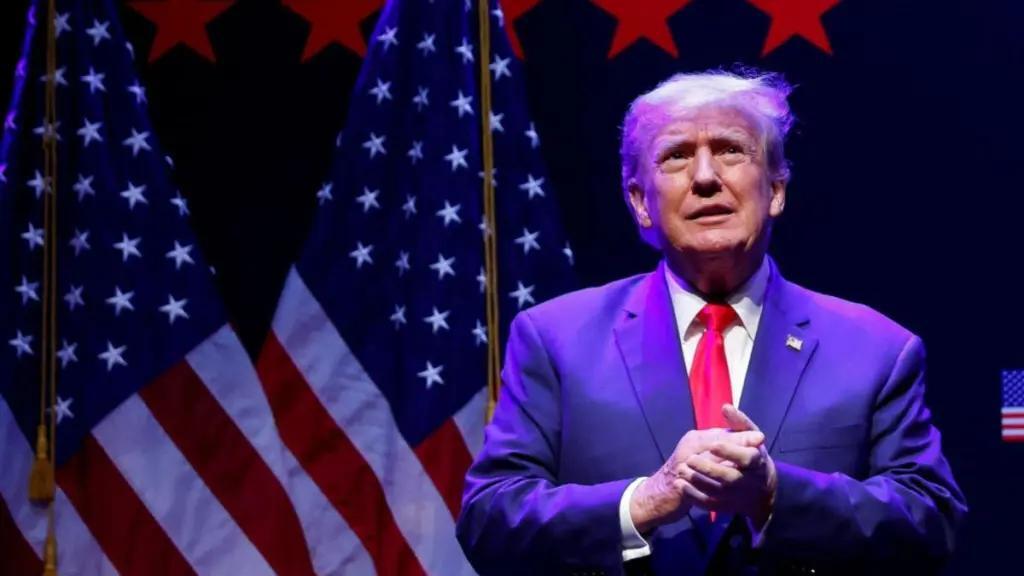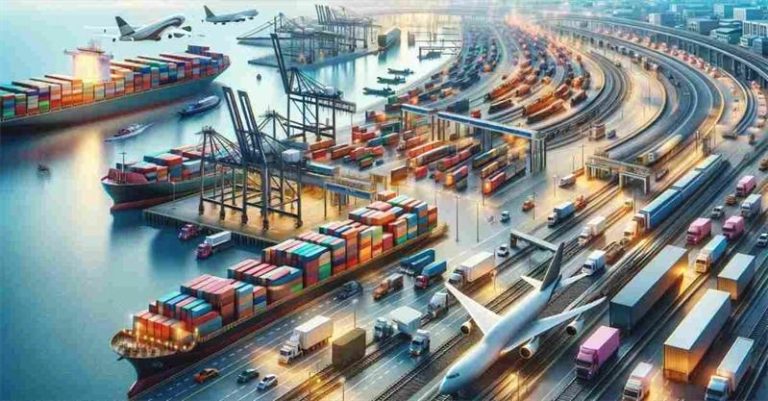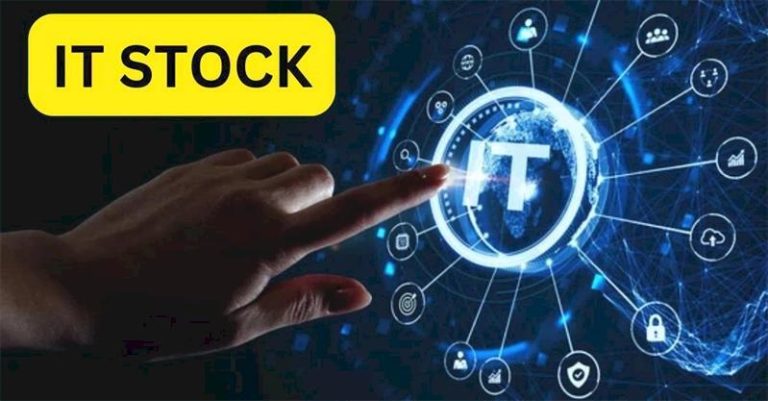
Donald Trump Exempts Smartphones & Computers from Reciprocal Tariffs: A Relief for Tech Giants and Consumers Alike
In a move that has sent shockwaves through the tech industry, United States President Donald Trump has excluded smartphones, computers, and other electronic items from the reciprocal tariffs imposed on Chinese goods. According to a Customs and Border Patrol notice, the exemption applies to a range of electronic items, including smartphones, laptops, desktops, tablets, and other devices, as well as their components.
This decision comes as a significant relief to tech giants, including Apple, which had been vocal about the potential impact of Trump’s tariffs on their business. The tariffs, which were imposed in response to China’s alleged theft of intellectual property and unfair trade practices, had threatened to drive up the cost of electronic gadgets and make them less competitive in the global market.
The exemption is a welcome development for the tech industry, which had been bracing for a potential price hike. Apple, in particular, had warned that the tariffs could add hundreds of dollars to the cost of its products, including iPhones and MacBooks. The company had also lobbied the Trump administration to exclude electronic items from the tariffs, arguing that the move would disproportionately harm American consumers and small businesses.
The exemption is not limited to just smartphones and computers, however. The Customs and Border Patrol notice also includes a range of other electronic items, such as televisions, game consoles, and electronic accessories like headphones and speakers. These items, which are also manufactured in China, had been subject to tariffs ranging from 7.5% to 25%, depending on the type of product.
The decision to exempt electronic items from the tariffs is seen as a significant victory for the tech industry, which had been vocal about the potential impact of the tariffs on its business. The exemption is expected to save the industry millions of dollars in tariffs, which could be used to invest in research and development, hire new employees, or pay dividends to shareholders.
The exemption is also seen as a relief for American consumers, who had been bracing for a potential price hike. The tariffs, which had been imposed on a range of Chinese goods, including electronics, textiles, and furniture, had threatened to drive up the cost of living for American consumers. The exemption of electronic items from the tariffs is expected to mitigate some of the impact, making it easier for consumers to purchase the latest gadgets and electronics.
The decision to exempt electronic items from the tariffs is seen as a significant escalation in the trade tensions between the United States and China. The move is seen as a gesture of goodwill by the Trump administration, which had been pushing China to agree to a trade deal. The exemption is also seen as a signal to China that the United States is willing to work with it to address its concerns about intellectual property theft and unfair trade practices.
The decision to exempt electronic items from the tariffs is not without its critics, however. Some critics argue that the move is a concession to China, and that it undermines the Trump administration’s efforts to address the country’s trade imbalances. Others argue that the exemption is unfair, and that it favors American companies that manufacture their products in China over those that manufacture them domestically.
In conclusion, the decision by President Trump to exempt smartphones, computers, and other electronic items from the reciprocal tariffs is a significant relief for the tech industry and American consumers alike. The exemption is seen as a victory for the industry, which had been vocal about the potential impact of the tariffs on its business. It is also seen as a relief for American consumers, who had been bracing for a potential price hike. The move is seen as a significant escalation in the trade tensions between the United States and China, and is expected to have a significant impact on the global economy.






